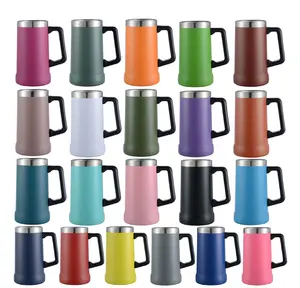Popular in your industry



































Top categories
About anti snake venom snake antiserum
Browse a large collection of wholesale anti snake venom snake antiserum and cater to the needs of those who are faced with pest control issues. With these diverse collections of products, people no longer have to worry about how to get rid of unwelcome guests in their homes. These anti snake venom snake antiserum are made using the technologically advanced method and quality materials that make them effective and safe. They are also designed specifically to target a distinct type of pests making them a potent agent in getting rid of a distinct type of insect. There are products for spraying from mosquitoes, termite control, bee removal, rodent control, wasp nest removal, and spraying for ticks.
These anti snake venom snake antiserum also come in electronic variations that are equipped with advanced and modernized features to help repel certain types of pests from entering your premises. With a sturdy built and compact design, one could easily move it and place them in areas that are having pest problems, without having to maintain it often. Choose from a wide range of electric anti snake venom snake antiserum products from fly killer to those equipment used to kill mosquitoes.
Lastly, these anti snake venom snake antiserum products come in different quantity, depending on the area that needs treatment. There are available products that cater to small, medium, and large areas facing pest problems like a mosquito treatment for yards. Choose from a variety of safe, effective, and potent anti snake venom snake antiserum products and help people solve their pest problems.





















